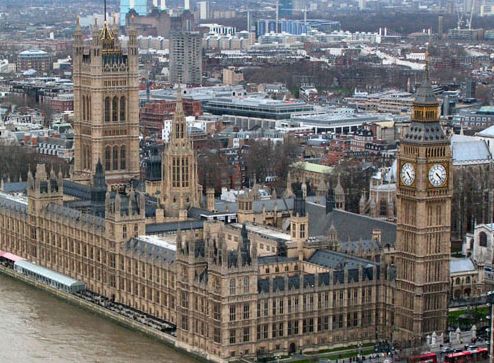NAO Says Government Must Do More On Transparency

The Government is not maximising the benefits of public data releases says report
The National Audit Office (NAO) has said the government needs to improve if it is to fulfil its commitment to promote the transparency of public data.
The spending watchdog’s latest report says the government needs to ensure the data it releases is relevant and cost-effective to improve the benefits of its disclosure.
Cost effectiveness
 The report commends the progress the government has made towards achieving its targets but stressed it needed “a better understanding of costs, benefits and use to assess whether transparency is meeting its objectives of increasing accountability, supporting service improvement and stimulating economic growth.”
The report commends the progress the government has made towards achieving its targets but stressed it needed “a better understanding of costs, benefits and use to assess whether transparency is meeting its objectives of increasing accountability, supporting service improvement and stimulating economic growth.”
It says that the government has significantly increased the volume and type of public sector information and has met 23 of the 25 commitments it promised to meet by December 2011, but its assessment for value for money was “underdeveloped”. The Cabinet has identified six types of potential benefits from open data initiatives, but has not used this framework to evaluate the cost efficiency.
The NAO also said that much of the information released was failing to captivate the interest of the public. Releases such as the police crime website, which generated 47 million hits between February and December last year, and comparative schools data, which saw an 84 percent increase in traffic when it was made more accessible, have proved popular, but others have attracted less attention.
More than four fifths of visitors to data.gov.uk left the site immediately without accessing any further link while standard releases required of all departments have proved similarly unpopular. In some sectors, the right type of data is not being released. For example, the NAO says that the Department of Health does not collect the appropriate information on comparative costs and performance of providers of home care for adults.
Public uninterested
According to the NAO, these issues mean that the government’s ability to increase the estimated £16 billion that the release of public data contributes to the economy is being constrained.
“Opening up access to public information has the potential to improve accountability and support public service improvement and economic growth,” commented Amyas Morse, head of the NAO. What the Government is lacking at the moment is a firm grasp of whether that potential is being realised. If transparency initiatives are to be more than aspirations, then Government needs to measure and monitor both their costs and benefits. This is vital for tracking success and learning what works.”
A previous survey indicated that the government’s transparency measures have so far failed to impress with public, with more than two thirds saying that they felt they didn’t have sufficient access to data about themselves, while 76 percent said they wanted more access to public sector information.
To address this, the government has launched a new ‘transparency’ website and even appointed a ‘Transparency Tsar’ in the form of Wikipedia founder Jimmy Wales.
How much do you know about Internet security? Find out with our quiz!